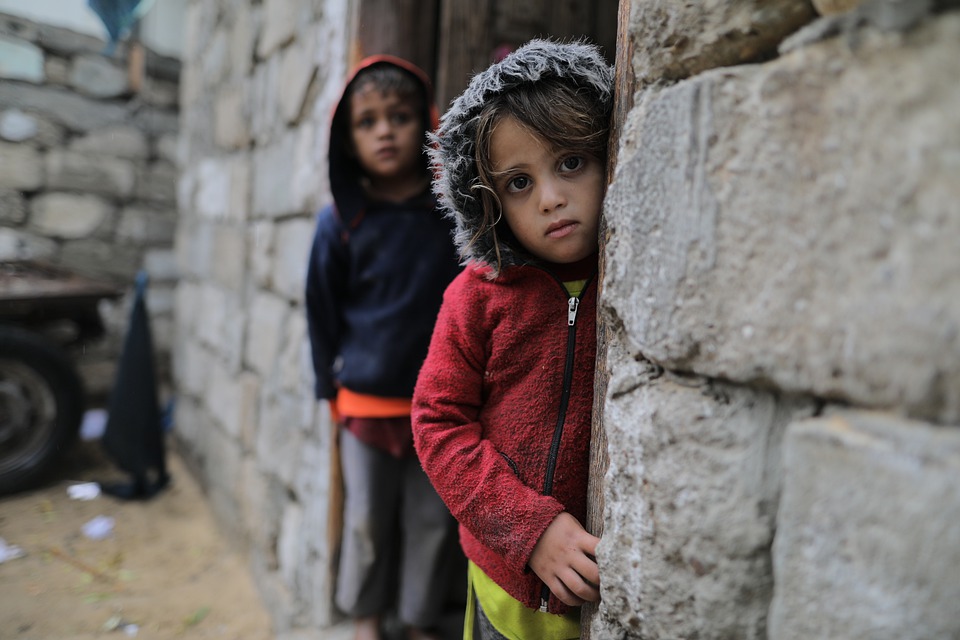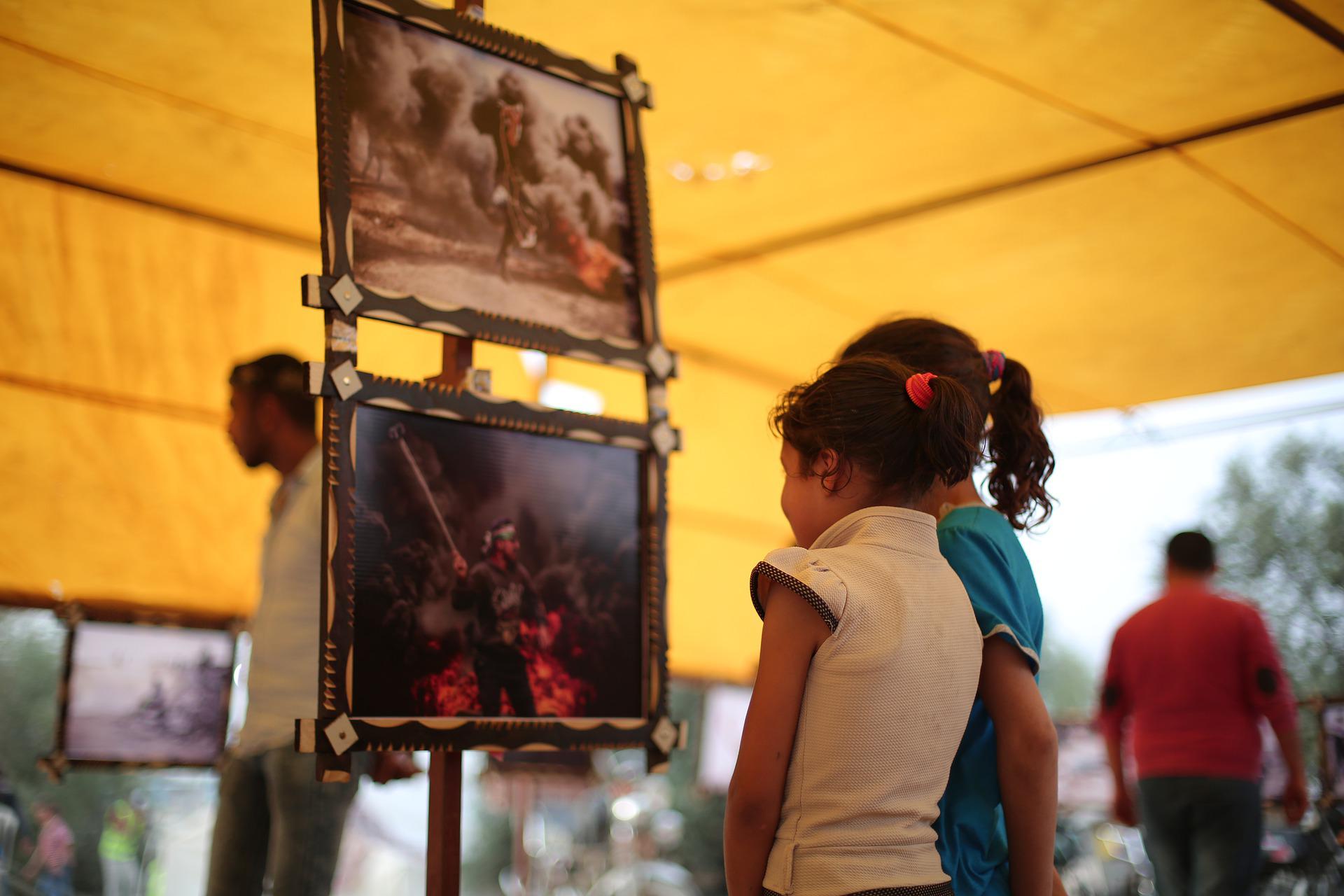There is no official data on the reality of the nutritional status of Ecuadorian infants. The latest National Health and Nutrition Survey dates from 2018 and showed that at that time 27.2% of children under two years of age suffered from chronic child malnutrition.
 Reducing chronic child malnutrition in Ecuador is one of President Guillermo Lasso’s promises, but his government presents inaccurate figures on the number of children who are currently undernourished.
Reducing chronic child malnutrition in Ecuador is one of President Guillermo Lasso’s promises, but his government presents inaccurate figures on the number of children who are currently undernourished.
Assemblywoman Paola Cabezas, of the Citizen Revolution movement, believes that the government underestimates the public, and in a video posted on her Twitter account, the legislator exposes the contradictory data published by the government on the subject.
The vice-minister of government, Mario Cuvi, said in a recent interview with Teleamazonas that during Lasso’s administration this indicator has been reduced from 29 per cent to 19 per cent. His statements attracted attention, as the goal was to reduce malnutrition by six percentage points by 2025, when his mandate ends.
For former president Rafael Correa, to say that it has dropped 10 points in two years, in a context of increased poverty, “is a sign of unlimited dishonesty or ineptitude”. What does seem to be true is that the government does not have official data on the reality of the nutritional status of Ecuadorian infants.
 Another health and nutrition study is currently underway, with preliminary data showing positive results, according to María José Enríquez, deputy head of the Ecuador Grows Without Chronic Childhood Malnutrition Secretariat.
Another health and nutrition study is currently underway, with preliminary data showing positive results, according to María José Enríquez, deputy head of the Ecuador Grows Without Chronic Childhood Malnutrition Secretariat.
In statements to local media, she explained that the National Institute of Statistics and Census will publish the final numbers once the research validation exercises are completed.
For her part, Mariana Tufiño, director of the United Nations Global Compact Ecuador network, stressed that the country has the second highest percentage of chronically malnourished children in the region. According to Tufiño, there are problems in this Andean nation such as the lack of drinking water and conditions for children to have an integral development.
The former director of the National Institute of Statistics and Census, Byron Villacís, said in an interview with Radio Pichincha that the supposed reduction in child malnutrition is another symptom of the informality with which official statistics are handled.
 The only objective, it seems, is to please the government, said the expert, who believes that if child malnutrition had decreased, this would be reflected in a reduction of insecurity, poverty, inequality and migration.
The only objective, it seems, is to please the government, said the expert, who believes that if child malnutrition had decreased, this would be reflected in a reduction of insecurity, poverty, inequality and migration.
However, nothing of the sort has happened. (PL)
(Translated by Cristina Popa – Email: gcpopa83@gmail.com) – Photos: Pixabay











.jpg)












